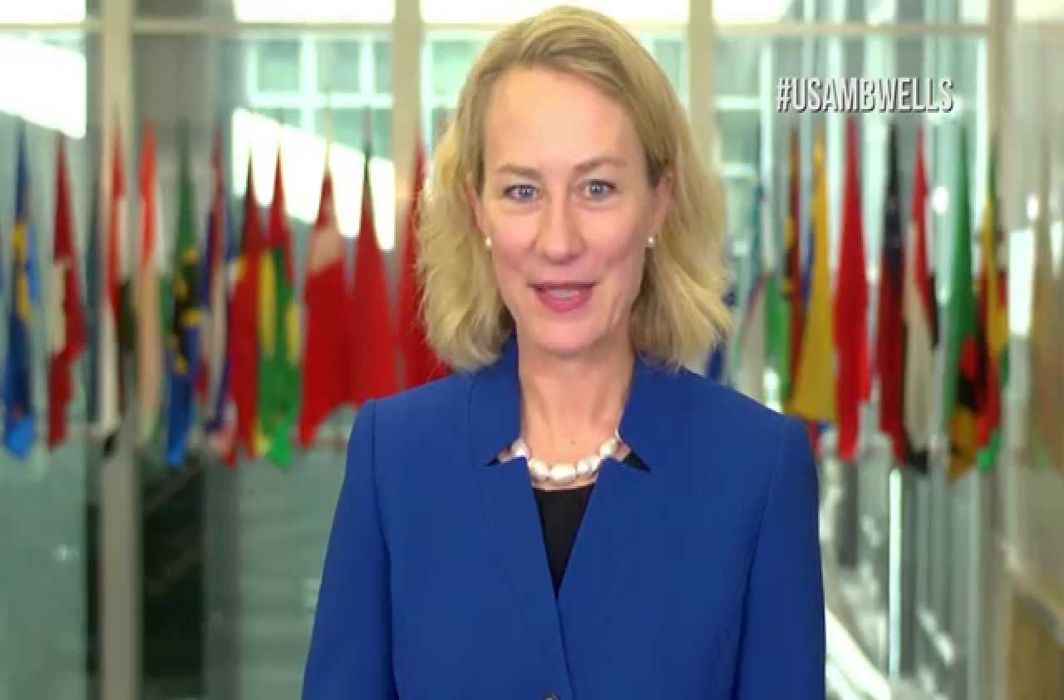Latest world news
The US-Pakistan crisis ends, US asks to clear terrorists

Latest world news
Bangladesh president Shahabuddin accuses Yunus of conspiracy to unseat him
Bangladesh President Mohammed Shahabuddin has accused former chief adviser Muhammad Yunus of attempting to unseat him unconstitutionally and destabilise the country during the interim period.
Latest world news
India studying implications after US Supreme Court strikes down Trump’s global tariffs
India said it is studying the implications of a US Supreme Court ruling that struck down Donald Trump’s sweeping tariffs, even as a new 10% global duty has been announced under an alternate law.
Latest world news
PM Modi meets Sri Lankan President Dissanayake at AI summit, reviews connectivity agenda
PM Modi and Sri Lankan President Anura Kumara Dissanayake reviewed connectivity, AI cooperation and regional stability during talks at the AI Impact Summit in New Delhi.
-

 India News12 hours ago
India News12 hours agoDMK leader’s son arrested after car rams family in Krishnagiri, one dead
-

 India News11 hours ago
India News11 hours agoRSS chief backs nationwide rollout of Uniform Civil Code, cites Uttarakhand model
-

 India News2 hours ago
India News2 hours agoAs stealth reshapes air combat, India weighs induction of Sukhoi Su-57 jets
-

 Cricket news1 hour ago
Cricket news1 hour agoRinku Singh returns home from T20 World Cup camp due to family emergency
-

 India News26 mins ago
India News26 mins agoTamil Nadu potboiler: Now, Sasikala to launch new party ahead of election















